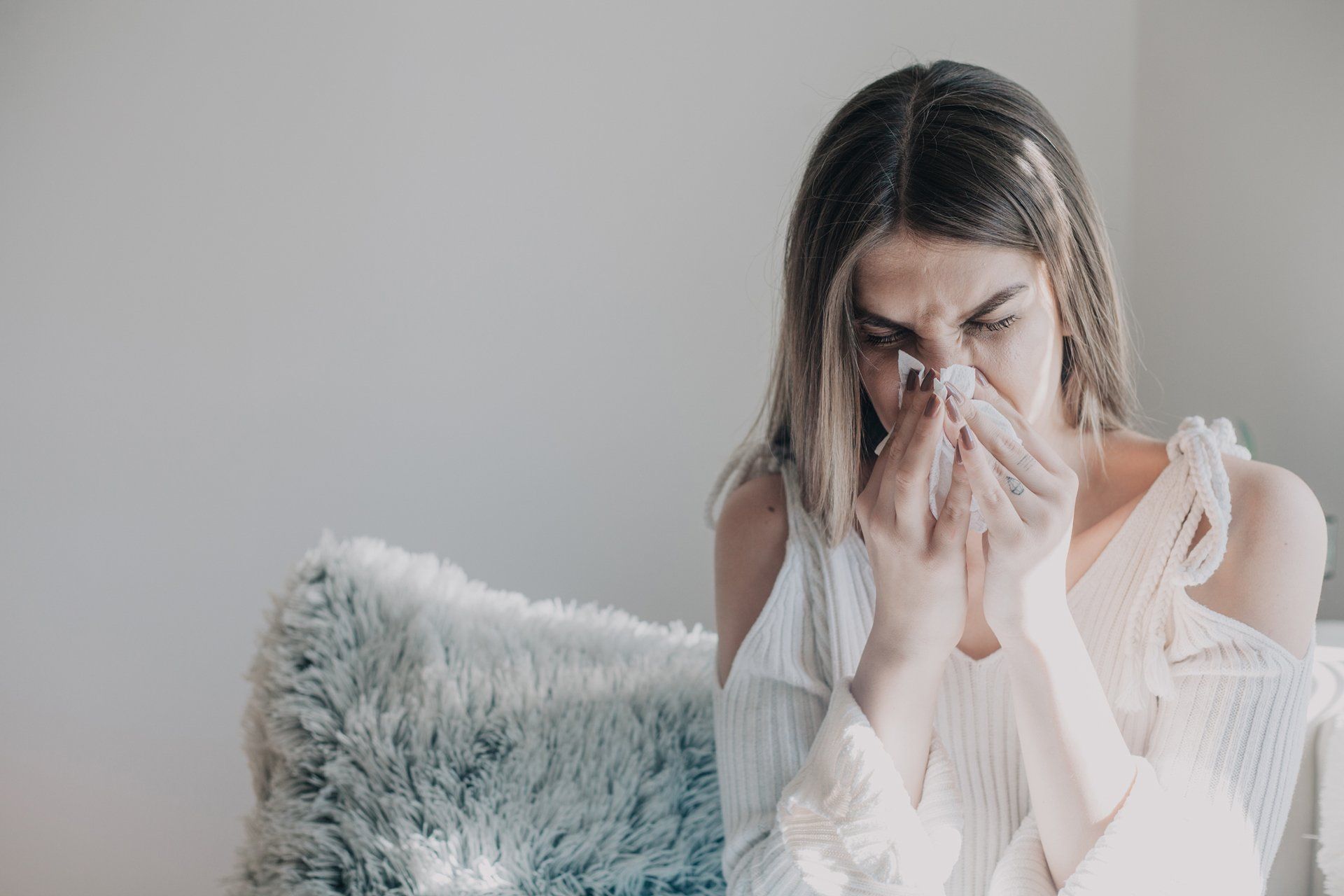Trouble Sleeping? It May Be Allergies

Allergies cause a lot of suffering during the daytime, but they can also cause you to have poor-quality sleep. Allergies affect your sleep in numerous ways, and you may not even know that they are the cause of problem. Here are some of the signs that you are having a sleeping problem, ways that allergies may impact your sleep, and ways you can improve your breathing and quality of sleep at night.
Signs That You Have a Sleep Disorder
Some of the signs that you have a sleep disorder may seem obvious, but other symptoms are not so clear. Here are some examples of poor-quality sleep.
You Wake up Frequently
You tend to wake up for seemingly no reason several times a night and sometimes have problems falling back to sleep.
You Have Been Told You Snore
Either someone has told you that you snore, or you have actually been awakened by your own snoring. This is a classic sign of an obstructive sleep disorder.
You Feel Tired Throughout the Day
You may feel that you slept well the night before, but you feel exhausted during the day, especially in the morning.
You Have Brain Fog
Brain fog is that hazy feeling when you can't think straight or at all. This generally happens in the morning and sometimes goes away by mid-day or with a nap.
You Fall Asleep During Low-Activity Periods
If you find that you fall asleep any time you wind down or sit for a long time, then you could be suffering from a lack of night-time sleep.
Ways Your Allergies Disrupt Sleep
For most people, allergies cause sleep problems because they contribute to an inflammation of the airways and cause breathing difficulties. These blockages can completely cut off your air supply and create a dangerous condition called sleep apnea. Allergies can also cause enlarged adenoids and make it impossible to breathe through your nose.
At night, your cortisol levels, which regulate the amount of inflammation in your body, are lower. This low cortisol level makes allergy-related inflammation worse. In addition to breathing problems, allergies can also cause skin problems and nighttime itchiness.
Things You Can Do for a Better Night's Sleep
While allergies have no cure, you can do things to reduce the amount of problems they cause when you sleep.
Clean Your Room
Keep your room as dust-free as possible. Be sure to also lessen or eliminate clutter that can accumulate dust. Consider removing carpeting and cloth drapes to further reduce dust accumulation.
Keep Pets Out
Even if you are only mildly allergic to your pet, don't let them sleep with you, and keep them out of your room in the day.
Get Tested for Allergies
Find out what your triggers are so that you can reduce or eliminate them, especially in your bedroom.
Take Allergy Medication
Ask your doctor which types of medicines are best for you. Many people with sleep problems have good results with nasal steroids. Stay away from cold medications as these can cause an adverse reaction after a few days.
Eliminate or Reduce Scented Items
Scents are very problematic when it comes to allergies even if they're on your clothing or bedding. Wash your bedsheets and clothes with a scent-free detergent and fabric softener. Frequent washing also helps reduce dust mites.
Even if your allergies are bad, chances are that you can improve the quality of sleep. It's important to identify your allergy triggers in order to reduce or eliminate them.
The Allergy and Asthma Clinic of Fort Worthcan help you identify and treat your allergies as well as work to solve your allergy-related sleep problems. Contact us for an appointment to receive aggressive management options.






